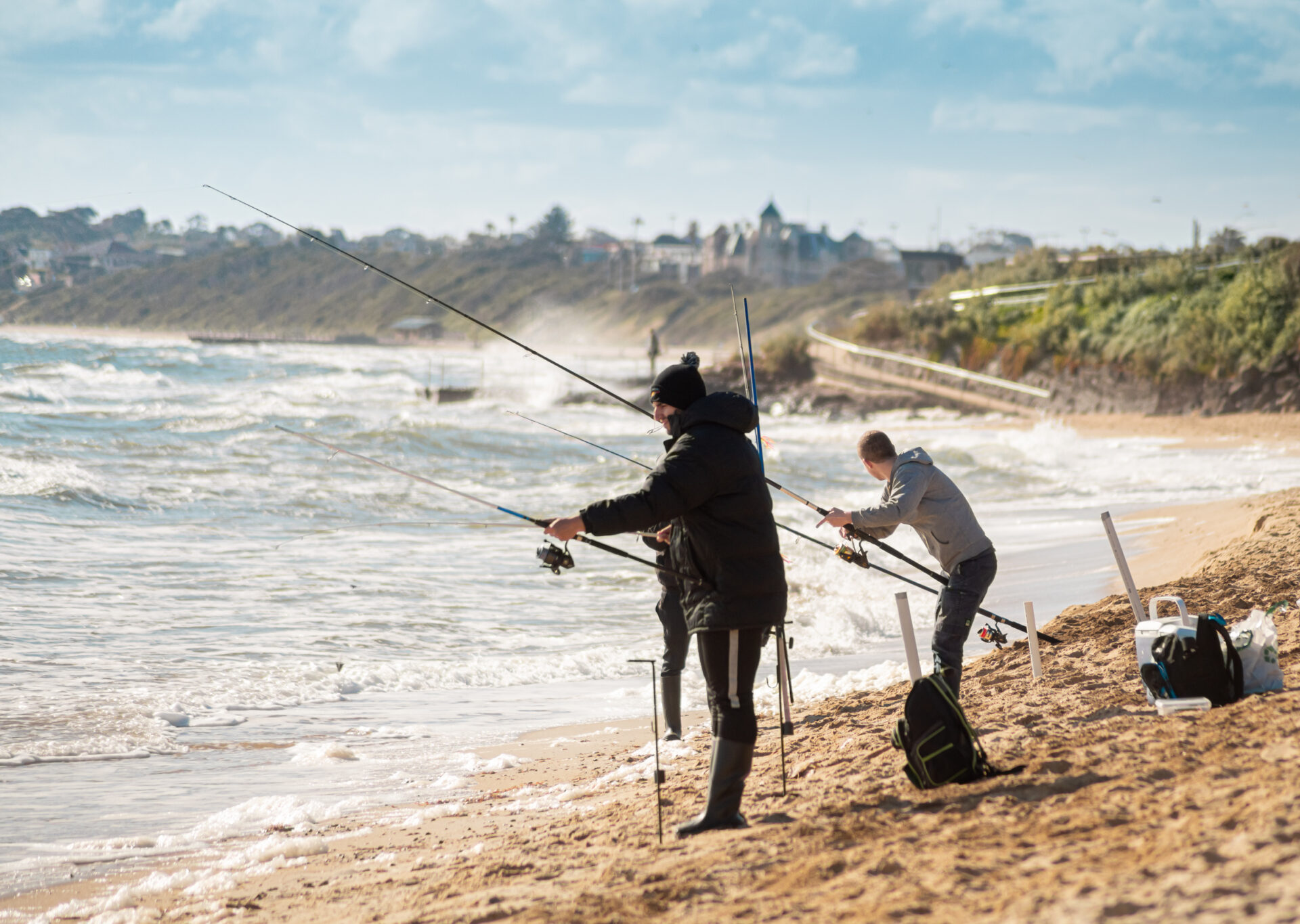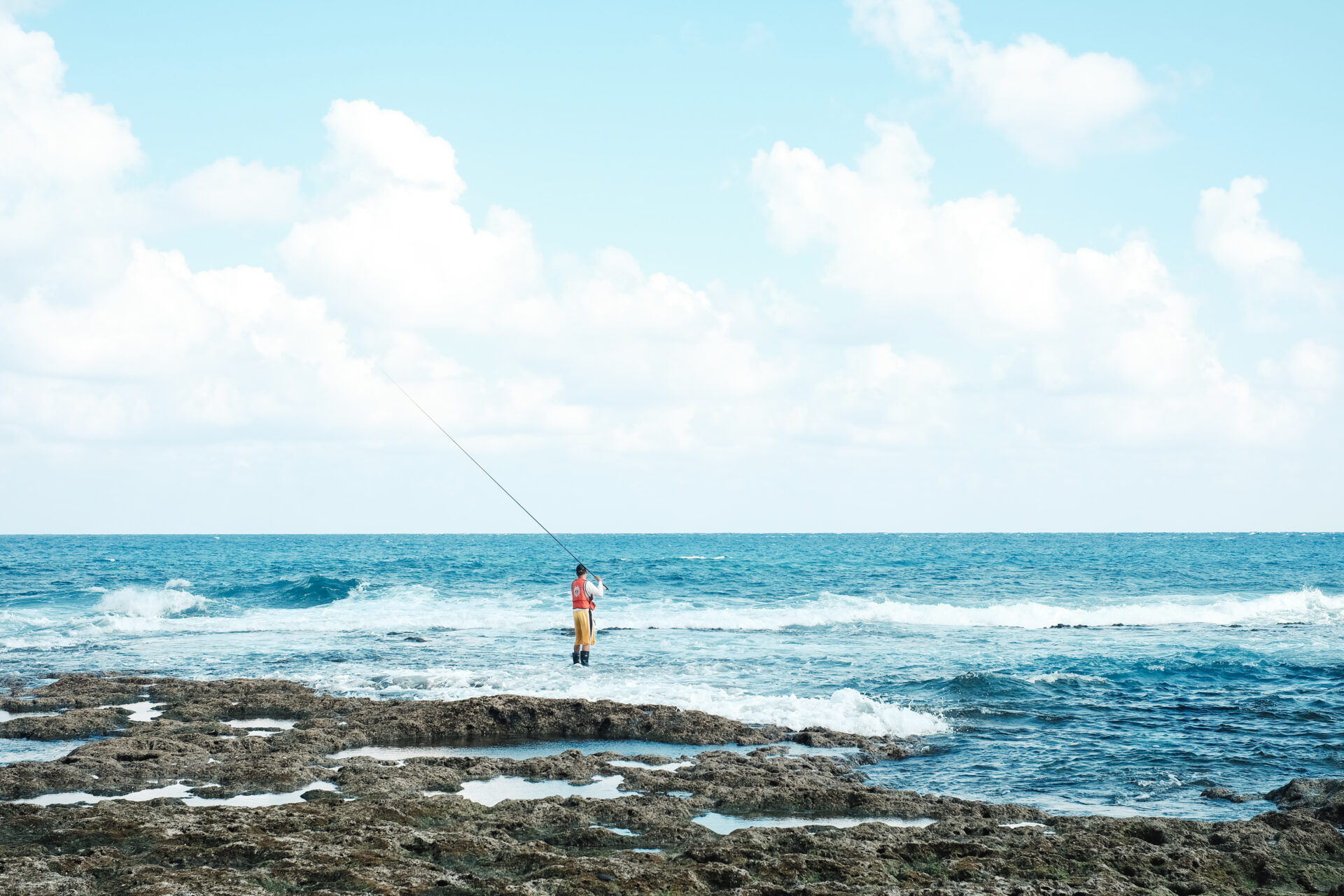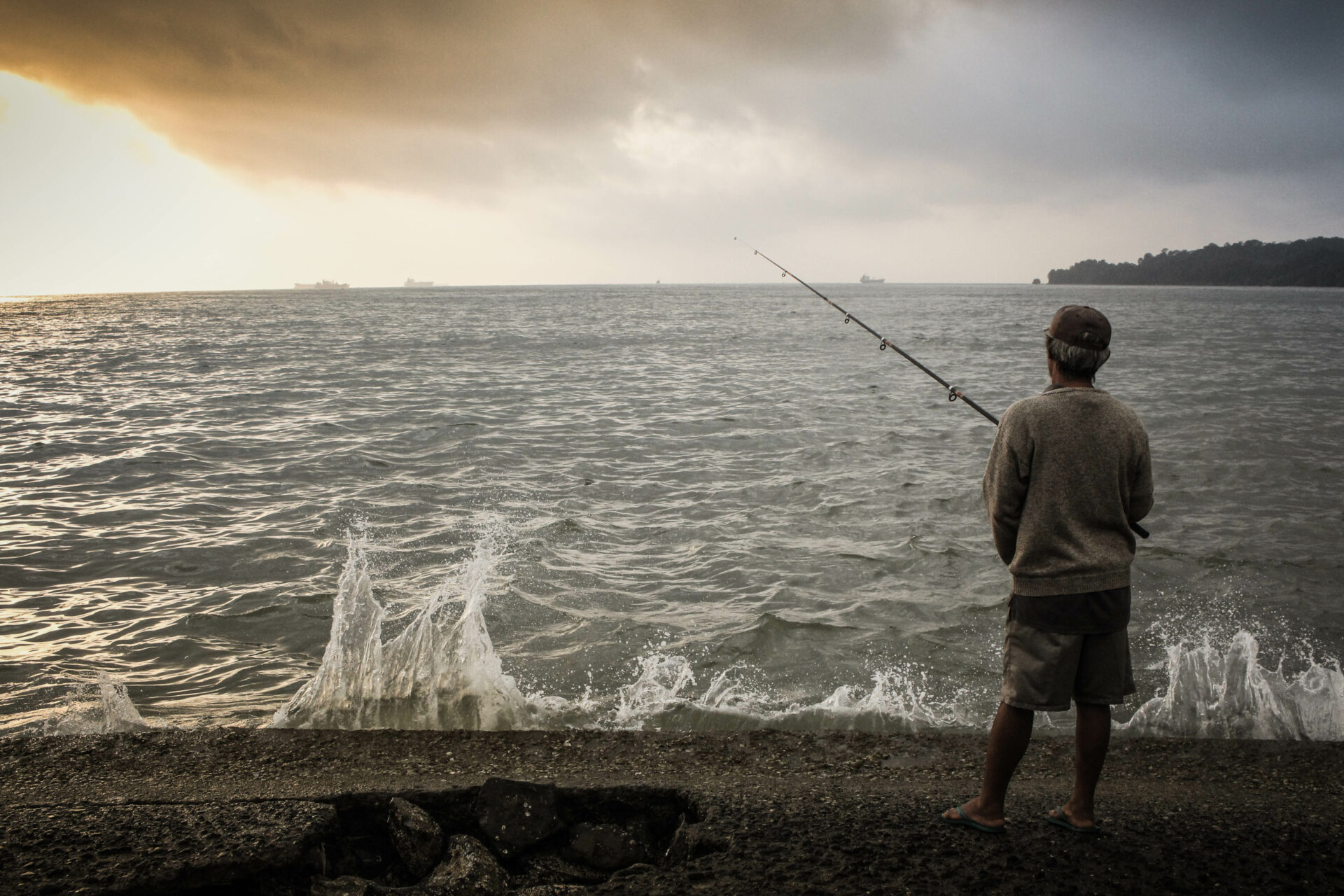Surf fishing is an increasingly popular activity that brings anglers to the beach in search of aquatic games. While it can be a relaxing and rewarding experience, it carries risks, and precautions should always be taken so that your adventure is enjoyable and safe.
Table of Contents
In this article, we’ll discuss the potential dangers of surf fishing, common accidents that occur during beach fishing, clothing and gear for safety, and preventive measures that anglers can take to maximize their safety.
Understanding the Risks
When it comes to surf fishing, there are potential risks that anglers must be aware of. These include dangerous wildlife (such as sharks and stingrays in certain areas), strong currents, hazardous waves and riptides, sharp rocks or coral reefs underfoot, and even boat traffic near the shoreline.
As such, it is essential to research any area where you plan to fish and familiarize yourself with its particular hazards before heading out onto the water. Additionally, always keep an eye out for changing weather conditions and heed all warnings provided by local authorities about beach safety.

Common Accidents in Surf Fishing
- Hook Injuries – Hook-related incidents are one of the more serious risks associated with surf fishing. When handling a hook, be sure to always have a firm grip and keep it away from your face or any other body part that could be damaged if the hook were to slip. Additionally, make sure to use appropriate sizes and weights for the type of fish you’re targeting to reduce the risk of an accidental catch-and-release situation.
- Tackle Snaps – During casting, tackle snaps can occur when there is too much strain on the line. To help prevent this from happening, always check your tackle before casting and make sure it’s not worn or frayed. Additionally, use appropriate weights for the conditions you’re fishing in and increase line strength if needed to account for challenging conditions.
- High Swells – Rough water conditions can cause dangerous waves and riptides that can quickly knock an angler off balance or sweep them away from shore. To stay safe while surf fishing in these areas, wear a flotation vest at all times and be alert for any sudden changes in tides or currents.
- Dangerous Fish – Certain species of fish may also pose a risk to surf fishers, such as jellyfish and electric eels. If you encounter one of these species during your outing, make sure to have safety equipment on hand (including gloves) and handle them with caution.
- Sunburns – Spending extended periods of time outdoors can expose anglers to the sun’s harmful rays and increase their risk of getting sunburn. To help avoid this, always remember to apply sunscreen liberally before going out and wear protective clothing (such as hats, sunglasses, and long sleeves) where possible.
- Abrasive Lines – Fishing lines that are improperly stored or too old tend to become rough and abrasive over time. This can lead to cuts or other injuries if they come into contact with an angler’s skin. To avoid this, practice proper line maintenance by cleaning it regularly and checking for signs of wear or tear whenever you go fishing.
Clothing and Gear for Surf Fishing Safety
It’s important to dress appropriately for surf fishing, both in warm and cold weather conditions, as this can significantly affect your safety. When the weather is hot, anglers should wear light-colored clothing that covers their skin and apply sunscreen liberally before going out.
Additionally, hats and sunglasses are also recommended to help protect against the sun’s UV rays. In cooler temperatures, it’s important to layer up with waterproof gear such as jackets or waders – especially if you plan on spending a lot of time in and around the water.
As far as accessories go, there is an array of items specifically designed for surf fishing that can help keep you safe while out on the beach. These include personal flotation devices, waterproof boots, and gloves to protect your hands from sharp hooks. Also, it’s important to have an emergency first-aid kit on hand in case of any unexpected accidents.
On top of clothing and safety gear, having the right equipment is also important when it comes to surf fishing. Depending on what type of fish you are targeting, you will need different kinds of rods and reels as well as lures or bait that match the conditions you’ll be fishing in.
The last thing you want is to bring an item that won’t work in the beach environment – so make sure to do your research beforehand!
Ultimately, staying safe while engaging in surf fishing requires a bit of preparation. Taking the time to get the right clothing and gear, as well as researching potential risks before heading out, can help ensure that your day on the beach is enjoyable and incident-free!

Preventing Accidents: Surf Fishing Best Practices
When it comes to surf fishing, safety always needs to be a top priority. Taking the right precautions before and during your excursion can help minimize potential risks and ensure that you have a successful day at the beach. Here are some of the best practices for staying safe while participating in this popular activity:
- Research – Before heading out, take the time to research any potential dangers associated with the type of fishing that you plan on doing (i.e., deep sea vs shoreline). Knowing what types of hazards could be present will better equip you to handle them if they do arise.
- Preparedness – Make sure that all of your gear is in good working order before leaving home and carry emergency supplies such as first-aid materials and a cell phone with you in case of an unexpected situation.
- Clothing – Wear clothing that is appropriate for the weather conditions and provides proper coverage of your skin. Also, don’t forget to protect yourself from the sun with hats, sunglasses, and sunscreen.
- Safety Gear – Equip yourself with any necessary safety gear such as personal flotation devices or waterproof boots before venturing into the water.
- Supervision – If you are bringing children along on your fishing trip, make sure to supervise them at all times to ensure their safety.
Following these best practices while surf fishing can go a long way towards helping keep everyone safe while out on the beach. As always, be sure to use common sense and listen to your instincts when it comes to participating in any outdoor activities.

Surf fishing is a popular activity that can be enjoyed by beginners and experienced anglers alike. But to maximize the safety of your beach fishing adventure, it’s important to take several precautions before you cast off.
prioritize safety when planning a surf fishing trip by taking into account potential risks, wearing protective clothing and gear, and following best practices for preventing accidents. With the right approach, you can ensure an enjoyable day of surf fishing without compromising your safety or that of others around you!
To stay safe while participating in this beloved pastime, keep the following tips in mind:
- Educate yourself on local regulations for shoreline access and permissible methods of catching fish
- Wear clothing made from quick-drying fabrics and protective gear such as boots, gloves, and polarized sunglasses
- Be aware of the potential dangers associated with surf fishing, including rip currents, hidden obstacles, and unexpected weather changes
- Always keep an eye on the tide conditions to ensure that you are prepared for any situation that may arise
- Make sure other beachgoers are aware of your presence when casting or hauling in lines.
By following these safety tips and taking preventive measures before fishing in the surf, you can make sure your beach fishing adventure is safe and rewarding! So be sure to prioritize safety when planning a surf fishing trip – your well-being depends on it!
